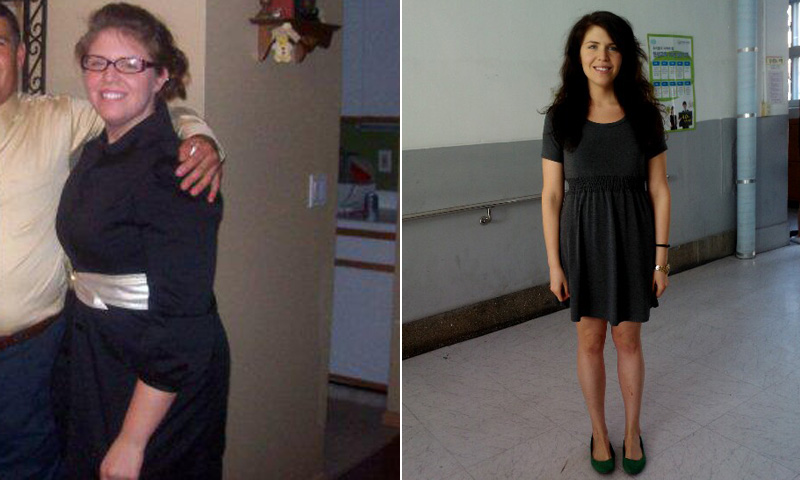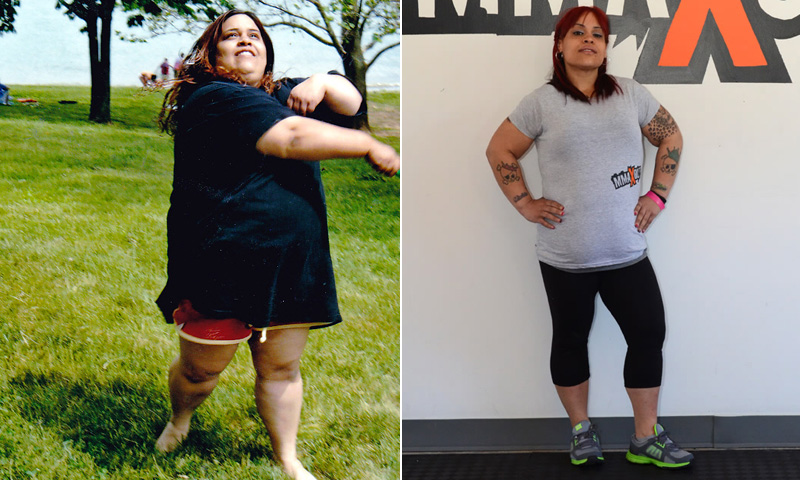A girl who suffered devastating injuries at birth is to receive compensation worth £10.8 million.
The sum awarded to 11-year-old Milly Evans at London's High Court today is thought to be one of the highest - if not the highest - clinical negligence awards.
After Milly's birth at Lincoln County Hospital, on March 1 2001, she was transferred to the neo-natal unit, where she underwent resuscitation and suffered a seizure.
Her parents, Andy and Kate, claimed that if the baby's heart had been properly monitored, the midwife would have spotted her fetal distress sooner, and Milly would have been delivered earlier without suffering catastrophic injury.
Their counsel, Susan Rodway QC, told the judge, Sir Robert Nelson, that it was a tragic case. She said: "It is yet another incident of an avoidable accident at birth which caused devastating injuries."
Milly suffers from cerebral palsy and requires 24-hour care and help with all aspects of daily living.
She is confined to a wheelchair and unable to speak, although her intellect has remained fairly well intact and she communicates through sophisticated eye-gaze equipment.
She sat smiling in court as the judge approved a settlement involving a lump sum of £5.866 million and lifelong periodic payments rising to £204,000 a year.
He had heard that United Lincolnshire Hospital NHS Trust admitted liability in March 2010 but had contested the amount of damages until the parties recently reached agreement.
He told 45-year-old Mr Evans, a former squadron leader in the RAF and member of the Red Arrows display team, who was unable to continue his career because of Milly's disabilities, that he and his 41-year-old wife, Kate, had both done a "fantastic" job.
"The love and devotion you have shown to Milly with her problems has been enormous," he added.
Paul Rees QC, for the trust, paid tribute to the family and offered them an unreserved apology for the events surrounding Milly's birth.
Mr Rees added: "No amount of fine words can put right that wrong. I know that and everyone in court knows that. But they are entitled to hear in open court that apology."
The family's lawyers, Access Legal from Shoosmiths, said that the money would ensure that Milly had a positive life experience as far as possible given her condition.
She would now be able to have a specially-adapted home, with hoists and a hydrotherapy pool, which would be big enough for her to access all rooms.
Partner Denise Stephens said: "Milly is an amazing girl, with a beautiful smile and a sense of humour.
"She requires round-the-clock care and attention, and will do so for the rest of her life.
"It was crucial, therefore, that we were able to secure a compensation award of this size to provide for Milly's needs."
Mrs Evans, who lives with her family in Lincolnshire, said later: "Milly is a very beautiful, bright, kind and loving daughter, with a wicked sense of humour.
"Unfortunately, she is trapped inside a body that does not function, and she is not able to do the very basic things that we all take for granted.
"I feel utter grief and loss for the life that Milly could have had if she had she not been injured.
"Milly is a very much-loved member of the family and we all feel privileged to have such a lovely daughter.
"The family have been through a very difficult time. The money will never make up for the mistake that condemned Milly to a lifetime of dependency on others.
"However, it will ensure that Milly is provided with full-time care and equipment throughout her life. We now want to build a loving and secure life for Milly in a new adapted home.
"Milly is incredibly hard-working, adventurous and positively enjoys many activities. including sailing.
"We are over the moon that not only will Milly be looked after financially for the rest of her life, we can now pay for the
technology and modifications needed to help her achieve her full potential."



